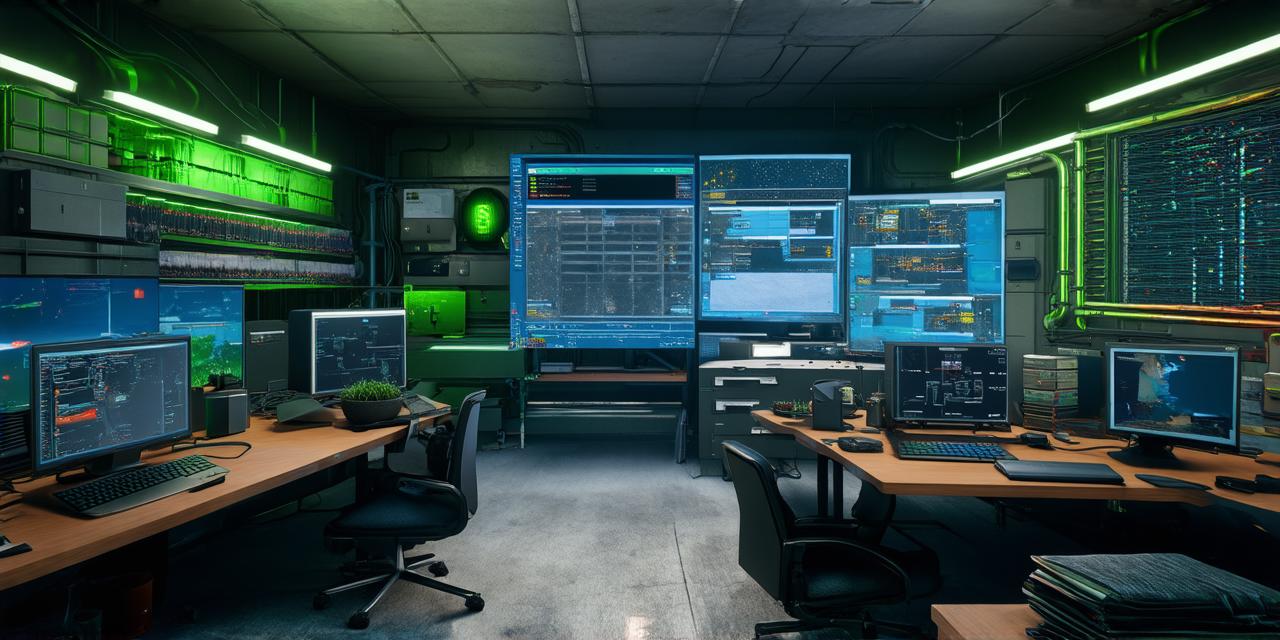In recent years, the gaming industry has grown rapidly, with game developers working tirelessly to create engaging and immersive experiences for players around the world.
However, this growth has also led to an increase in workloads for game developers, who must often balance multiple projects and deadlines while managing a large team of designers, artists, and programmers.
One of the main reasons why game developers are facing excessive workloads is due to the complexity of modern games. With the rise of virtual reality (VR) and augmented reality (AR), as well as advancements in artificial intelligence (AI) and other technologies, game development has become more complex than ever before.

This requires game developers to have a wide range of skills and knowledge, including programming, design, art, and more.
Another reason for excessive workloads is the pressure to deliver high-quality games on tight deadlines. With the rise of streaming services like Netflix and Amazon Prime, players expect new games to be released regularly, putting immense pressure on game developers to keep up with demand.
This often requires teams to work around the clock to meet deadlines, leading to long hours and burnout.
In addition to technical challenges and tight deadlines, game developers must also manage a large team of designers, artists, and programmers. This can be particularly challenging when working on open-world games or other large-scale projects that require collaboration across multiple departments.
Managing such a diverse group of people can be time-consuming and stressful, further increasing workloads for game developers.
Despite the challenges faced by game developers, there are steps that can be taken to alleviate excessive workloads. One approach is to implement better project management tools and processes, which can help teams stay organized and on track.
This can include regular check-ins, clear communication channels, and clear goals and deadlines for each team member.
Another solution is to invest in technology that can automate certain tasks, such as testing or quality assurance. This can free up time for game developers to focus on more creative tasks and reduce the overall workload on the team.
Finally, it’s important for game developers to prioritize self-care and take steps to manage stress and burnout. This can include regular breaks, exercise, and socializing with friends and family. By taking care of themselves, game developers can better manage their workloads and maintain a healthy balance between their personal and professional lives.
In conclusion, game developers are facing excessive workloads due to the complexity of modern games, tight deadlines, and the need to manage a large team. However, by implementing better project management tools and processes, investing in technology, and prioritizing self-care, game developers can alleviate these workloads and maintain a healthy balance between their personal and professional lives.
